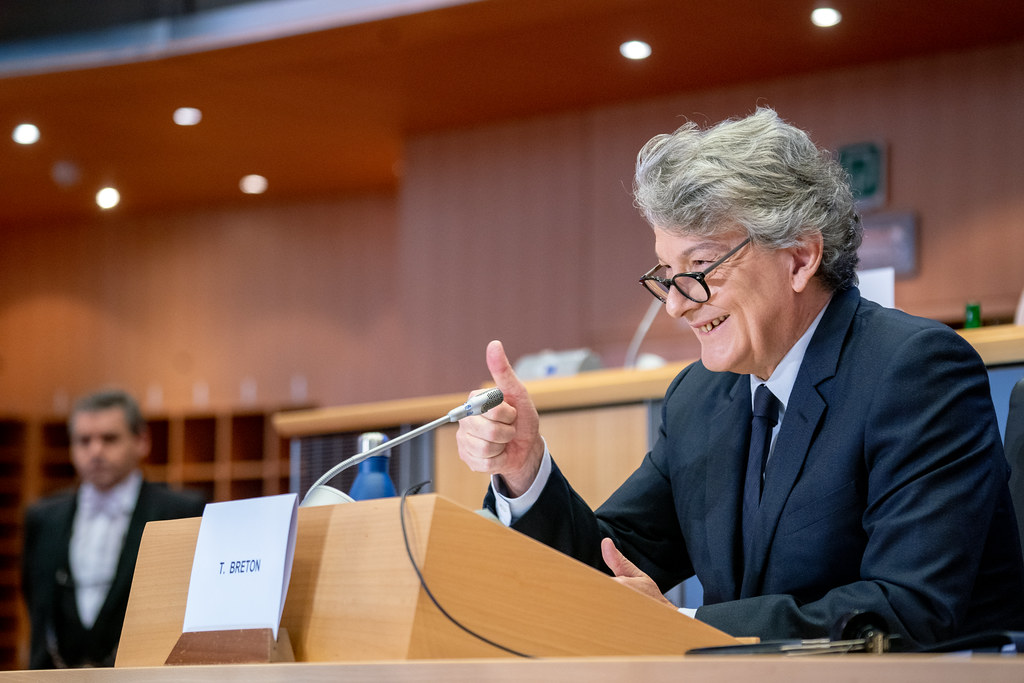BRUSSELS (Parliament Politics Magazine) – Whatever his intentions regarding freedom of speech, Elon Musk has been warned by the European Commission on Tuesday that Twitter would have to adapt entirely to European standards.
ALSO READ: Twitter to be sold to Elon Musk for $44 billion
Thierry Breton, the EU’s internal market commissioner, said the American social network, which is set to be acquired by Mr Musk, will be required to conform with the EU’s Digital Services Act, which limits big tech’s dominance.
Whether it was online harassment, the selling of counterfeit goods, child pornography, or calls for terrorist activities, Twitter would have to conform to their European legislation, which did not exist in the US, EU commissioner Thierry Breton told AFP.
Whether it’s social media or cars, any company that operates in Europe – regardless of shareholding – must comply with their standards, he stated on Twitter. Mr. Musk was well aware of that. He was well-versed in European car regulations and would rapidly adjust to the Digital Services Act, he added.
Elon Musk’s promise of more freedom on Twitter has sparked heated debate about the social network’s future, with some fearing that it could grow more toxic. He did admit, however, that there were legal restraints.
The EU’s 20-year-old e-commerce legislation, which was created while tech titans like Facebook (Meta) and Amazon were still in their infancy, will be updated by the Digital Services Act, which will come into force in a few months once it has completed its legislative process. The goal is to put a stop to online lawlessness and abuse while also better protecting users’ rights.
According to the new regulation, social media platforms must immediately remove any illegal content (as defined by national and European regulations) as soon as they become aware of it. It also requires social media platforms to ban individuals who regularly infringe the law.
Supervision from Brussels
New duties imposed on “very large platforms” with over 45 million active users in the EU, such as Twitter, are at the heart of the impending legislation.
These social media businesses will have to analyse the risks associated with their services and put in place the necessary safeguards to eliminate problematic content. They will be compelled to make their data and recommendation systems more transparent.
The social media platforms would be examined once a year by independent bodies at their own expense and will be under supervision of the European Commission, which can impose fines of up to 6% of their annual revenues if repeated infringements occur.
Now they had a regulation that was quite explicit. Platforms would have to conform to the rules in order to be allowed to function in Europe, Thierry Breton stated.
They could have had a Twitter that did things that were probably opposed to the general European interest if it hadn’t been for the DSA, he remarked. It would not be their regulations that were imposed in Europe; it would be theirs to which it would have to adjust, he says.
Regarding the possibility of Donald Trump, the former US President, returning to Twitter, Breton stated that the DSA also governs banning decisions, as well as the criteria and avenues for appeal. For deciding on the banning of a user, they would have very clear, very specific, very democratic, and very readable rules.
Banning would undoubtedly be conceivable, and in some cases necessary, in certain cases, but only under democratic supervision, he added.






